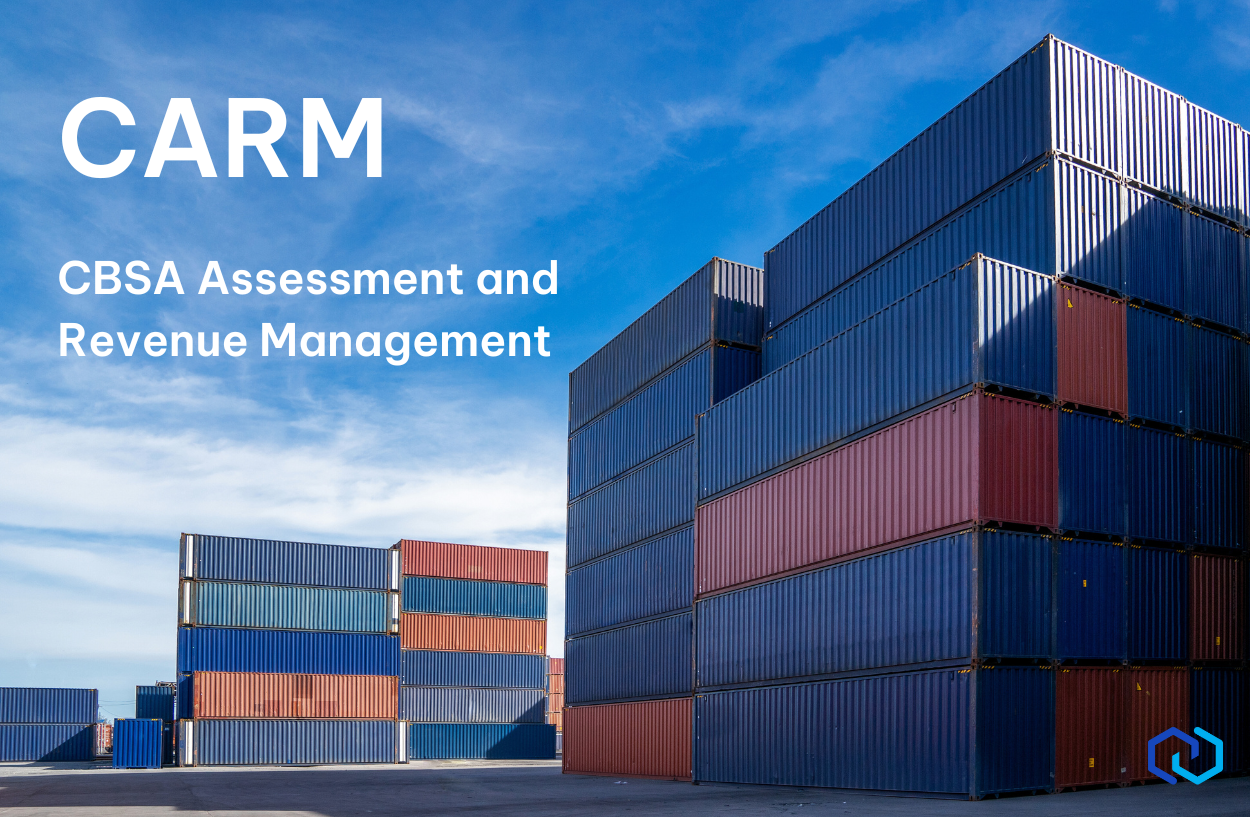Every year, many importers are subject to Trade Compliance Verifications initiated by the CBSA (Canada Border Services Agency). These can result in costly penalties for your business in some cases years after the goods in question were imported. These compliance audits are conducted on a regular basis with regards to the three following programs: Classification, Valuation, and Origin.
The CBSA uses the following two methods to determine which companies or trade sectors they want to audit:
- Random Verifications: they are used to gather information and determine the risk assessment, the revenue assessment and to promote voluntary trade compliance.
- Verification Priorities: these priorities are established based on the following: past years results, risk assessment and new targets for the current year.
In a recent report posted by the CBSA, the 2015 priorities were made available to the trade industry. Here are a few relevant examples related to each of the three programs mentioned above:
Classification:
Furniture for Non-Domestic purposes:
-
- Headings 94.01 (Seats) and 94.03 (Other furniture and parts thereof) classify furniture for domestic purposes or other furniture for non-domestic purposes. The risk identified is that goods may be misclassified as furniture for non-domestic purposes, which is duty-free, instead of furniture for domestic purposes, which attracts a rate of duty of up to 9.5%.
- This verification priority was released in January 2013.
- Additional revenue is still expected from self-adjustments.
- The results show that the goods that were found to be misclassified were properly re-classified under furniture for domestic purposes.
Valuation:
Footwear:
-
- Given the high rates of duty associated with footwear (Chapter 64), there is a risk that importers of footwear may not be in compliance with the valuation provisions of the Customs Act, and the duty rates vary from 10% to 20%.
- This verification priority was released in February 2012.
- Additional revenue is still expected from self-adjustments.
- The results show that many goods were found to be valued incorrectly (e.g., freight charges and service fees were not added to the price paid or payable).
Origin:
T-Shirts:
-
- Previous verifications indicated that there was evidence that t-shirts of Heading 61.09 were not compliant with the NAFTA Rules of Origin for several reasons.
- This verification priority was released in June 2013.
- The results show that some goods do not qualify under NAFTA.
How can you avoid potential costly penalties?
In all 3 categories, importers are often neglecting to supply all the required details to their customs brokers to allow them to make the proper determination of the tariff classification, value of duty, and right tariff treatment to use. It is important to note that the importer of record is ultimately responsible for the accuracy of their customs declarations. If you do your homework and due diligence before importing, and you have a process in place to be fully confident regarding your compliance level, then you can better focus on managing other important aspects of your business without any concerns.
If on the other hand, you are not familiar with the regulations and want to protect yourself against a potential customs audit a few years down the road, you should consult your customs brokers to make sure that all angles are covered. Documents such as technical literature on the product, purchasing contracts, royalties’ contracts, certificates of origin, and any other agreements should be made available to your professional for evaluation.
If with all of this information on hand you still have a doubt, you should consider requesting an advance ruling to CBSA to confirm your opinion for any of the above mentioned programs. By having an advance ruling, you are covered and you know without a doubt that you are compliant, taking any potential penalties out of the picture. This way you can also ensure that your bottom line does not get affected in any way by costly and unforeseen penalties.
At Mantoria, we are a customs broker and our mission is to ensure that our clients are fully compliant at all times. If you would like to apply for advance rulings or have any questions regarding how your imports are currently handled, please contact our team of customs professionals to find out how Mantoria can help you.



